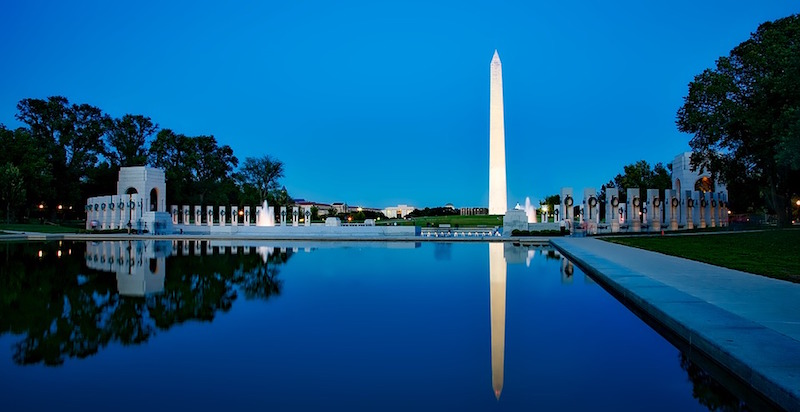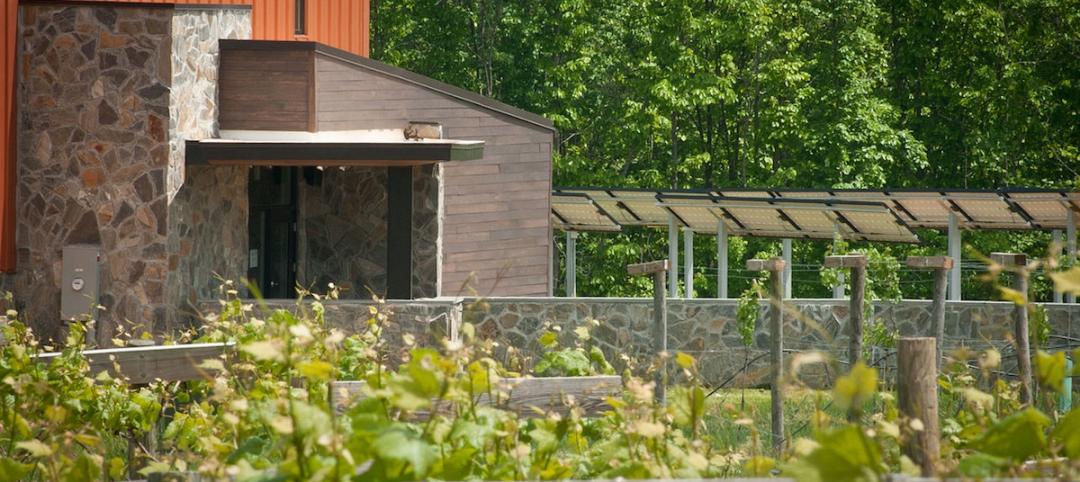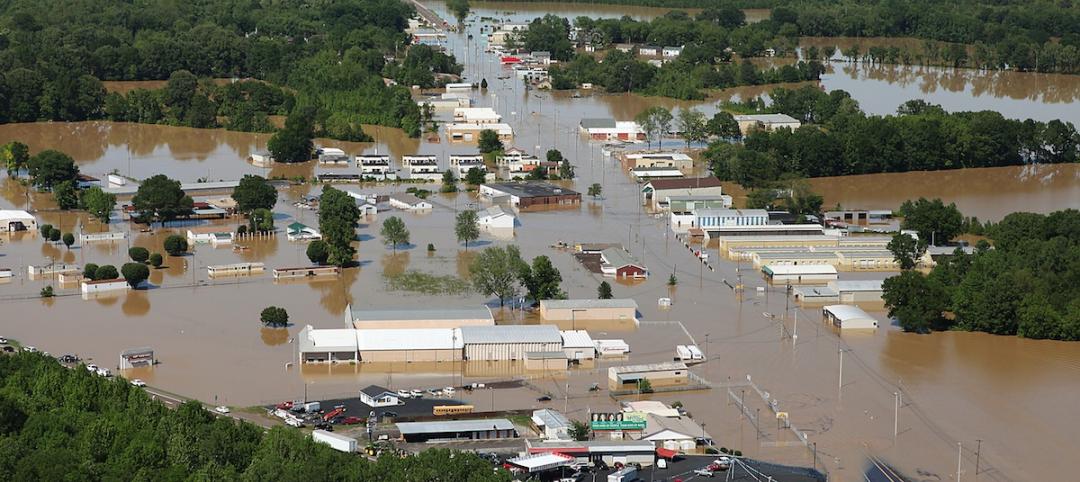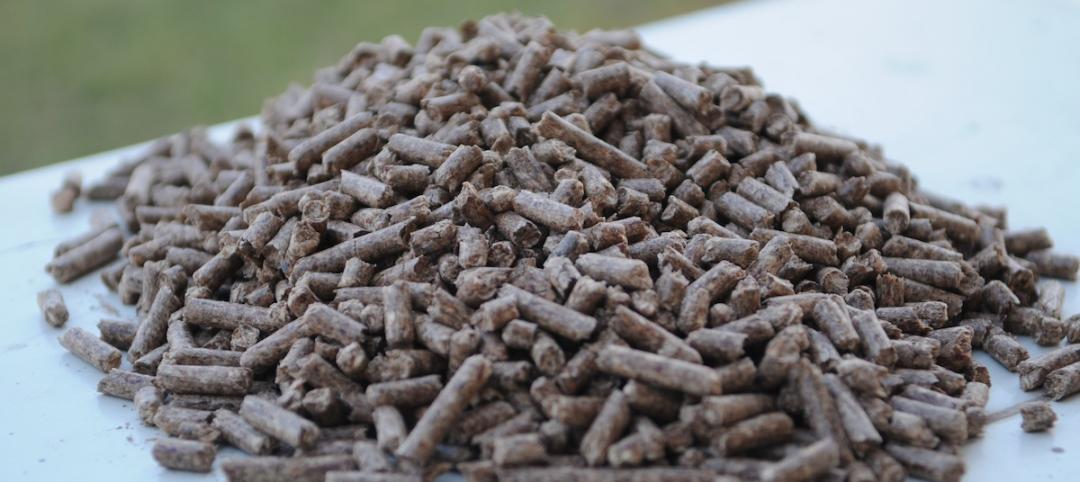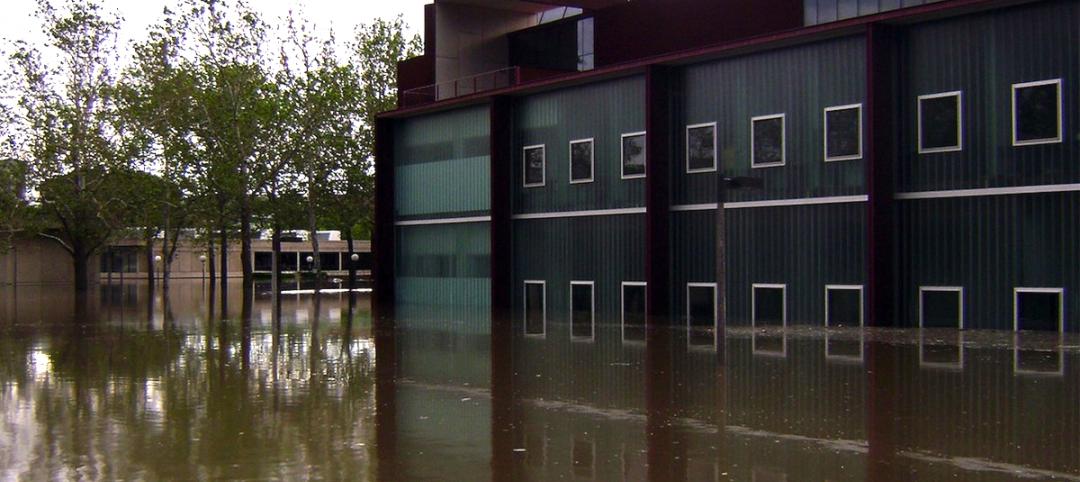Washington, D.C. was named the first LEED for Cities Platinum city in the world by the U.S. Green Building Council last month.
Today, 65% of D.C. neighborhoods are walkable, 58% of commuter trips are by bike, walking, or public transit, and the D.C. government is 100% powered by renewable energy. D.C. is also on track to derive at least one-half of its electricity from renewable resources by 2032.
Launched last year, LEED for Cities enables cities to measure and communicate performance, focusing on outcomes from ongoing sustainability efforts across an array of metrics, including energy, water, waste, transportation, and human experience (which includes education, prosperity, equity, and health and safety). LEED for Cities projects benchmark and track performance using Arc, a digital platform that uses data to provide greater transparency into sustainability efforts and helps cities make more informed decisions, according to a USGBC news release.
D.C. has entered into one of the largest municipal onsite solar projects in the U.S., and completed the largest wind power purchase agreement deal by an American city. The city has also launched Sustainable DC 2.0, a comprehensive city policy statement, and signed a pledge to uphold the commitments in the Paris Climate Accord.
Related Stories
Codes and Standards | Mar 5, 2015
AEC industry groups look to harmonize green building standards, codes
The USGBC, ASHRAE, ICC, IES, and AIA are collaborating on a single green code.
Codes and Standards | Mar 2, 2015
Nevada moves to suspend prevailing wage rules on school projects
The Nevada Senate approved a bill that would suspend prevailing wage rules on school projects.
Codes and Standards | Mar 2, 2015
Proposed energy standard for data centers, telecom buildings open for public comment
The intent of ASHRAE Standard 90.4P is to create a performance-based approach that would be more flexible and accommodating of innovative change.
Codes and Standards | Feb 22, 2015
Louisiana officials critical of stricter building standards in flood-prone areas
Buildings would have to be built either two or three feet above the base flood elevation for a 100-year flood or above the base elevation for a 500-year flood.
Codes and Standards | Feb 18, 2015
Buildings with rocking steel-braced frames are advantageous in earthquakes
Research at Case Western Reserve University has found that buildings that rock during an earthquake and return to plumb would withstand seismic shaking better than structural designs commonly used today in vulnerable zones of California and elsewhere.
Codes and Standards | Feb 18, 2015
USGBC concerned about developers using LEED registration in marketing
LEED administrators are concerned about a small group of developers or project owners who tout their projects as “LEED pre-certified” and then fail to follow through with certification.
Codes and Standards | Feb 12, 2015
ASHRAE, USGBC, IES consider biomass requirements in green building standard
The proposal would add biomass to approved renewables.
Codes and Standards | Feb 12, 2015
New Appraisal Institute form aids in analysis of green commercial building features
The Institute’s Commercial Green and Energy Efficient Addendum offers a communication tool that lenders can use as part of the scope of work.
Codes and Standards | Feb 8, 2015
ASHRAE, IAQA approve consolidation
Under the consolidation, IAQA will become a part of the ASHRAE organization while maintaining its own brand and Board of Directors.
Codes and Standards | Feb 6, 2015
Obama executive order requires federal construction projects to consider flood damage caused by climate change
To meet the new standard, builders must build two feet above the currently projected elevation for 100-year floods for most projects.


